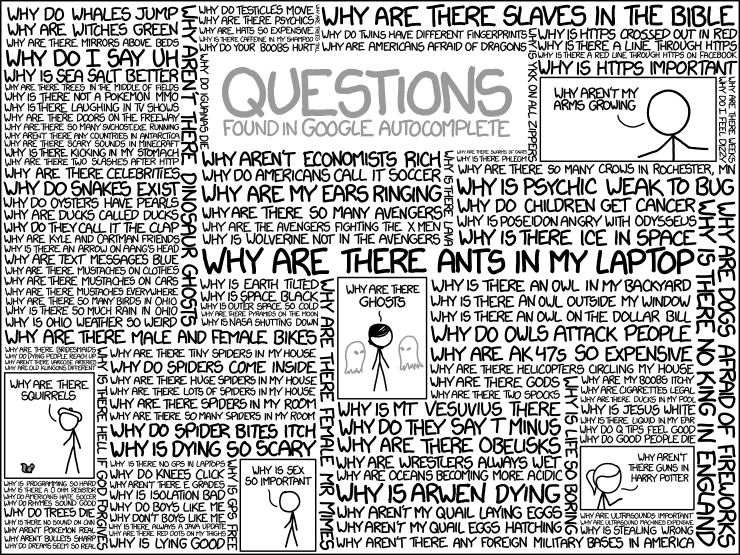Adversarial Search - I
CSE 440: Introduction to Artificial Intelligence
Vishnu Boddeti
Content Credits: CMU AI, http://ai.berkeley.edu
Today
- Adversarial Games
- Minimax Games
- $\alpha-\beta$ pruning
- Reading
- Today's Lecture: RN Chapter 5.1-5.3
- Next Lecture: RN Chapter 5.4-5.5
Agents Interacting with Agents


Agents Interacting with Humans

Game Playing State-of-the-Art
- Checkers: 1950: First computer player. 1994: First computer champion: Chinook ended 40-year-reign of human champion Marion Tinsley using complete 8-piece endgame. 2007: Checkers solved.
- Chess: 1997: Deep Blue defeats human champion Gary Kasparov in a six-game match. Deep Blue examined 200M positions per second, used very sophisticated evaluation and undisclosed methods for extending some lines of search up to 40 layers. Current programs are even better, if less historic.
- Go: Go: Human champions are now starting to be challenged by machines. In go, $b > 300$. Classic programs use pattern knowledge bases, but big recent advances use Monte Carlo (randomized) expansion methods.
- 2016: Alpha Go defeats human champion. Uses Monte Carlo Tree Search, learned evaluation function.
Adversarial Games
Types of Games
- Many different kinds of games.
- Axes:
- Deterministic or stochastic?
- One, two, or more players?
- Zero sum?
- Perfect information (can you see the state)?
- Want algorithms for calculating a strategy (policy) which recommends a move from each state.
Deterministic Games
- Many possible formalizations, one is:
- States $S$ (start at $s_0$)
- Players $P=\{1, \dots, N\}$ (usually take turns)
- Actions $A$ (may depend on player / state)
- Transition Function $S \times A \rightarrow S$
- Terminal Test $S \rightarrow \{t,f\}$
- Terminal Utilities $S \times P \rightarrow R$
- Solution for a player is a policy: $S \rightarrow A$
Game Theory
- Zero-Sum Games
- Agents have opposite utilities (values on outcomes)
- Lets us think of a single value that one maximizes and the other minimizes
- Adversarial, pure competition
- General Games
- Agents have independent utilities (values on outcomes)
- Cooperation, indifference, competition, and more are all possible
- More later on non-zero-sum games
Adversarial Search
Single-Agent Trees





- Value of State: The best achievable outcome (utility) from that state
- Terminal States: $V(s)$ known
- Non-Terminal States: $V(s) = \max_{s' \in children(s)} V(s')$
Adversarial Game Trees





Minimax Values




- States Under Agent’s Control: $V(s) = \max_{s' \in successors(s)} V(s')$
- States Under Opponent's Control: $V(s') = \min_{s \in successors(s')} V(s)$
- Terminal States: $V(s)$ known
Tic-Tac Toe

Adversarial Search (Minimax)
- Deterministic, zero-sum games:
- Tic-tac-toe, chess, checkers
- One player maximizes result
- The other minimizes result
- Minimax Search:
- A state-space search tree
- Players alternate turns
- Compute each node’s minimax value: the best achievable utility against a rational (optimal) adversary

Minimax Implementation

Minimax Implementation (Dispatch)

Minimax Example













Minimax Properties

Minimax Efficiency
- How efficient is minimax?
- Just like (exhaustive) DFS
- Time: $\mathcal{O}(b^m)$
- Space: $\mathcal{O}(bm)$
- Example: For chess, $b \approx 35$, $m \approx 100$
- Exact solution is completely infeasible
- But, do we need to explore the whole tree?
Game Tree Pruning
Minimax Pruning











$\alpha-\beta$ Pruning
- General configuration (MIN version)
- We are computing the $MIN-VALUE$ at some node $n$
- We are looping over $n$'s children
- $n$'s estimate of the childrens’ $min$ is dropping
- Who cares about $n$'s value? $MAX$
- Let $\alpha$ be the best value that $MAX$ can get at any choice point along the current path from the root.
- If $n$ becomes worse than $\alpha$, $MAX$ will avoid it, so we can stop considering $n$'s other children (it is already bad enough that it won't be played)
- $MAX$ version is symmetric
$\alpha-\beta$ Implementation

$\alpha-\beta$ Pruning Properties
- This pruning has no effect on minimax value computed for the root.
- Values of intermediate nodes might be wrong
- Important: children of the root may have the wrong value
- So the most naïve version won’t let you do action selection
- Good child ordering improves effectiveness of pruning
- With "perfect ordering":
- Time complexity drops to $\mathcal{O}(b^{\frac{m}{2}})$
- Doubles solvable depth
- Full search of, e.g. chess, is still hopeless $\dots$
- This is a simple example of metareasoning (computing about what to compute)
Constrained Resources
- Problem: In realistic games, cannot search to leaves.
- Solution: Depth-limited search
- Instead, search only to a limited depth in the tree
- Replace terminal utilities with an evaluation function for non-terminal positions
- Example:
- Suppose we have 100 seconds, can explore 10K nodes / sec
- So can check 1M nodes per move
- $\alpha-\beta$ reaches about depth 8 – decent chess program
- Guarantee of optimal play is gone
- More depth makes a BIG difference
- Use iterative deepening for an anytime algorithm
Q & A

